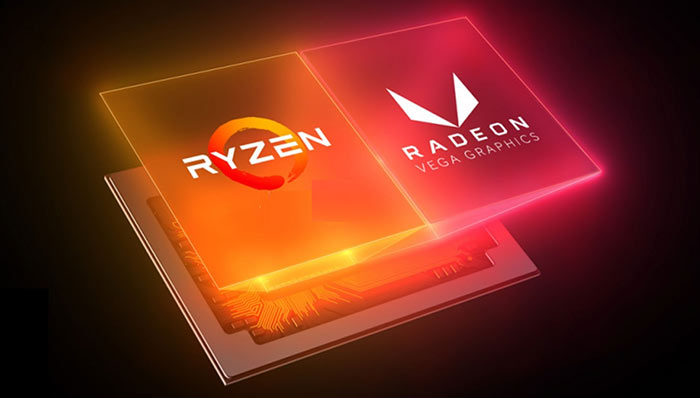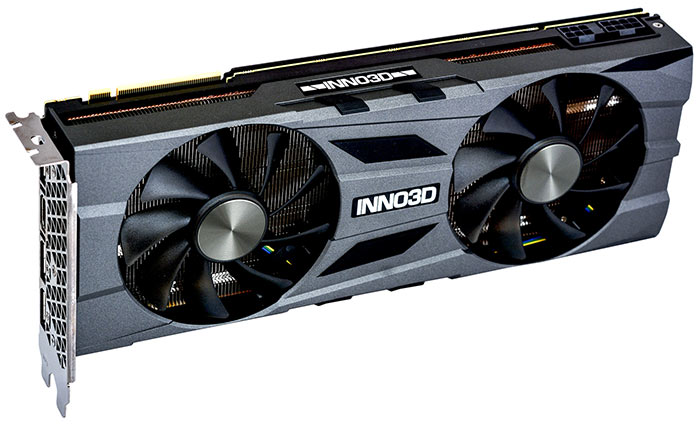The Linux 5.6 Kernel was released this weekend. The popular alternative OS kernel includes some important new features and changes, as well a broader support for modern PC hardware like Nvidia RTX20 and AMD Navi series GPUs. However, in his announcement of the release, Linus Torvalds indicated that progress towards the next release could be impacted by Covid-19.
Linux specialist site Phoronix characterises the Linux 5.6-rc1 test release kernel as "simply huge," being stuffed with new and improved features for end-users. HEXUS readers might be particularly interested in the raft of new CPUs and GPUs supported in this release but there is a lot more to discuss, as you will see if you read on.

Focussing first on CPUs, the Linux 5.6 Kernel includes a new generic CPU idle cooling thermal driver. AMD specific changes include; Zen/Zen2 thermal/power reporting in the AMD k10temp driver, and the first steps in Zen3 family support. Additionally Asus laptops with AMD Ryzen CPUs will perform cooler and quieter with Linux. Intel processors also have specific benefits from the new kernel. For example support is being added for the latest Intel CPU architectures, with optimisations for the likes of Ice Lake memory operations. Further CPU/platform changes include general x86 code improvements and support for new Arm SoCs and boards.

Graphics improvements are delivered for red, green and blue teams. AMD Pollock support arrives, and new features have been added for better AMD Navi and Renoir compatibility. Intel Gen11 and Gen12 graphics improvements have been put in place. Last but not least, Nvidia GeForce RTX 20 series GPU hardware acceleration support has arrived with the open-source Nouveau driver.
Other important introductions are as follows:
- Support for USB4
- WireGuard VPN support
- Amazon Echo speaker support
- Filesystem and networking feature and performance tweaks
- More Spectre mitigations
- Removal of Year 2038 bug from 32-bit branch of the OS
- Fixes for various specific laptop quirks













